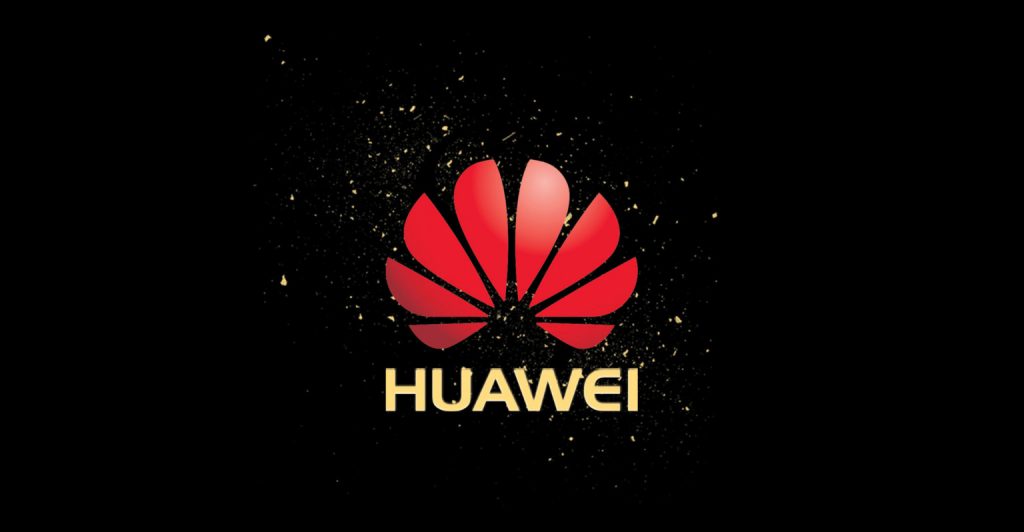
Chinese telecom giant Huawei, its U.S. subsidiaries, and its chief financial officer are facing new charges from federal prosecutors in the U.S. Authorities have accused the company and its associated entities of racketeering and conspiracy to steal trade secrets from U.S.-based companies. Prosecutors filed an expanded indictment with the new charges in federal court in Brooklyn.
The case was first filed in August 2018. The company was already facing a long list of criminal charges, including bank fraud, wire fraud, and conspiracy to defraud the United States. Prosecutors now accuse Huawei of working to “misappropriate intellectual property, including from six U.S. technology companies, in an effort to grow and operate Huawei’s business.”
One of the six victims listed in the case is believed to be San Jose tech giant Cisco. While Cisco is not mentioned by name in the indictment, a lawsuit filed in Texas against Huawei and its Santa Clara-based subsidiary Futurewei by Cisco alleges that the companies stole operating system code and other data needed to make routers, then used the stolen information to make Huawei-branded routers. According to court records, the suit ended with a confidential settlement.
The 56-page indictment contains numerous examples of Huawei plotting to obtain U.S. companies’ trade secrets. Huawei allegedly attempted to recruit people who had access to information at rival companies and research institutions. The recruited were offered bonuses for the “most valuable stolen information.”
Huawei is also accused of doing business in countries subject to U.S. sanctions, including North Korea and Iran. In Iran, Huawei was allegedly helping Iran’s government “by installing surveillance equipment, including surveillance equipment used to monitor, identify and detain protesters during the anti-government demonstrations of 2009 in Tehran, Iran.” Huawei claims the charges are “an attempt to irrevocably damage Huawei’s reputation and its business for reasons related to competition rather than law enforcement”.
